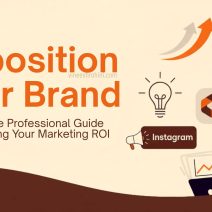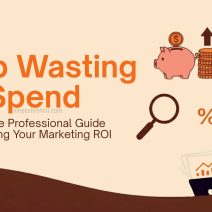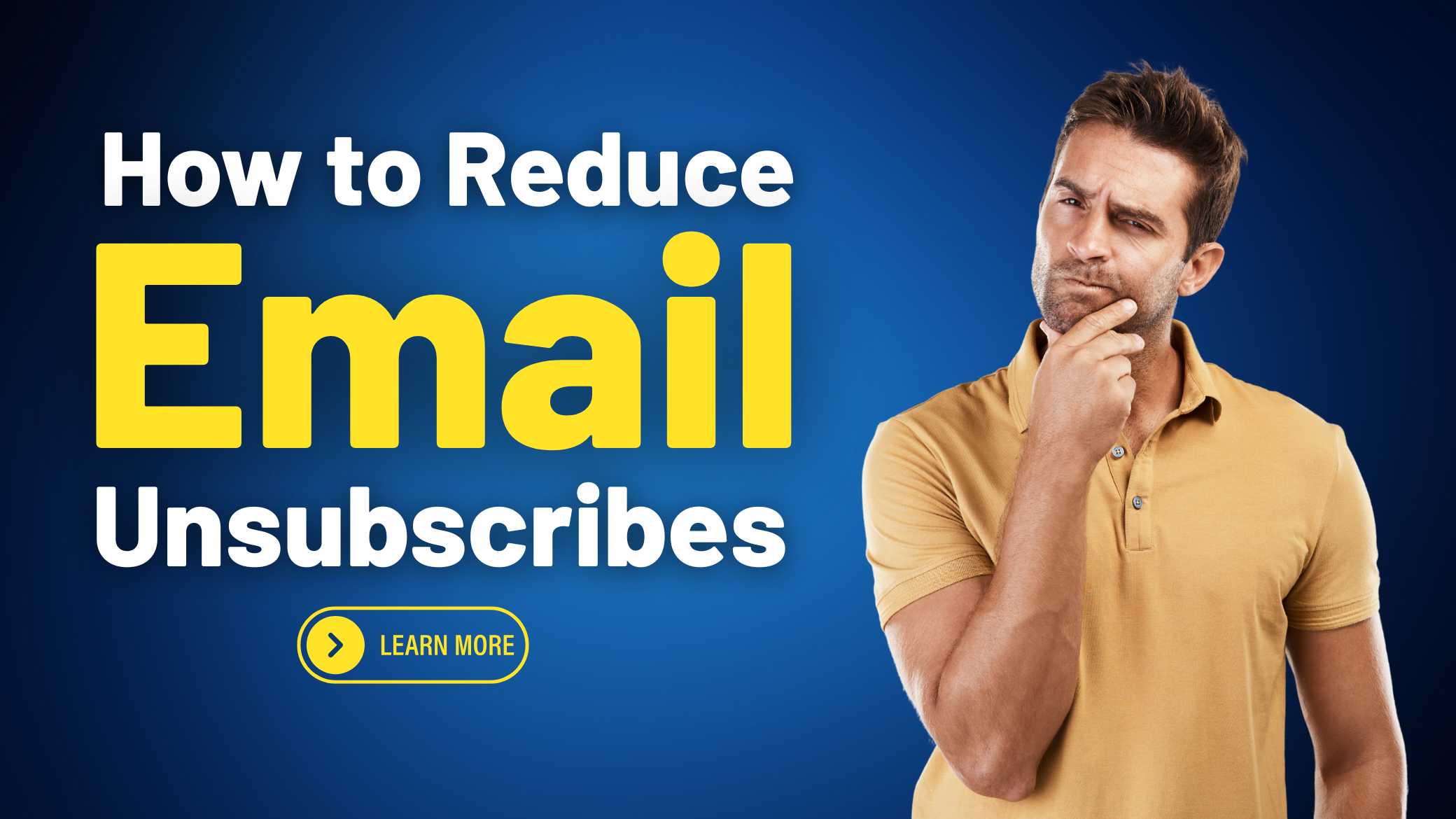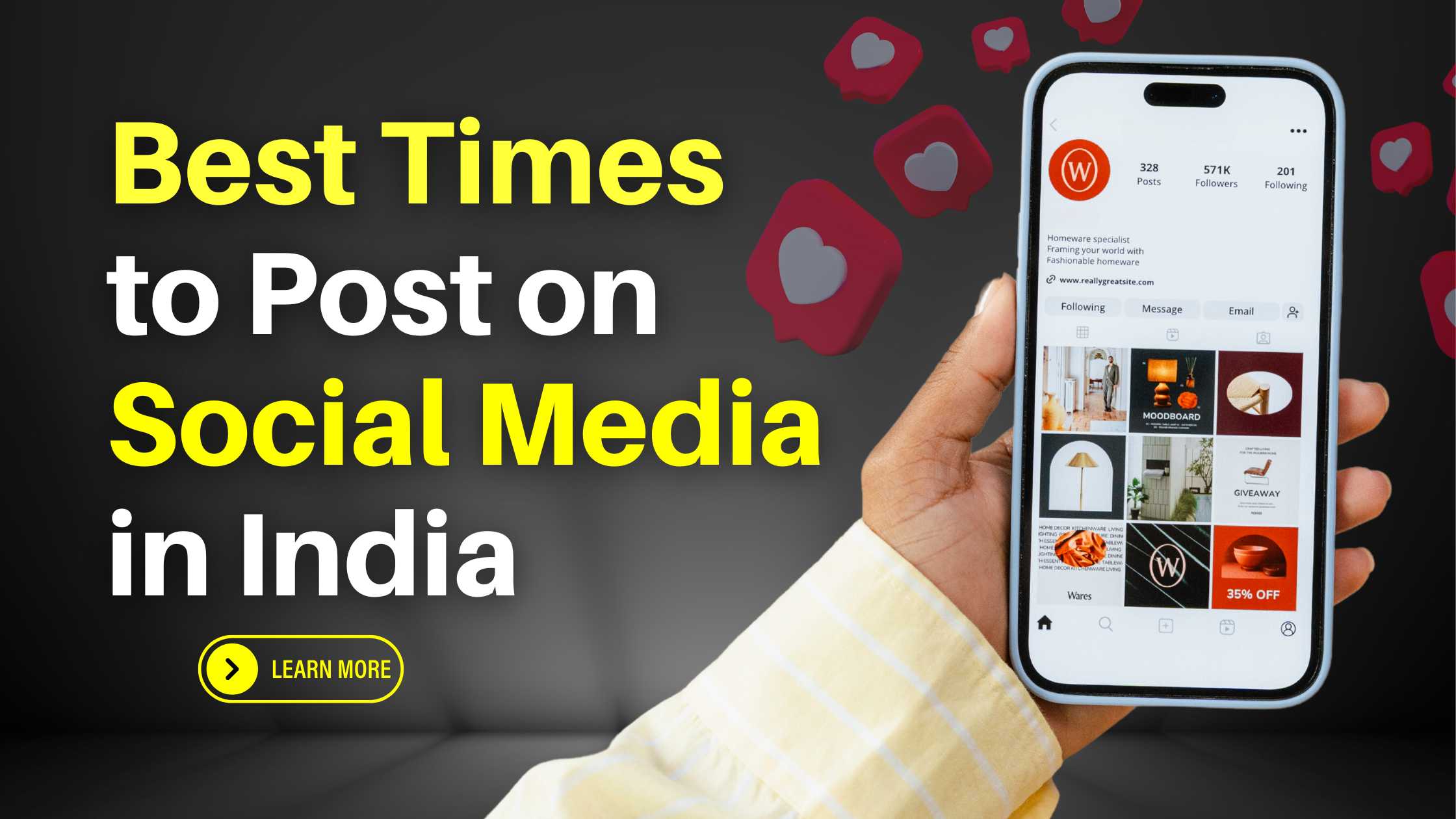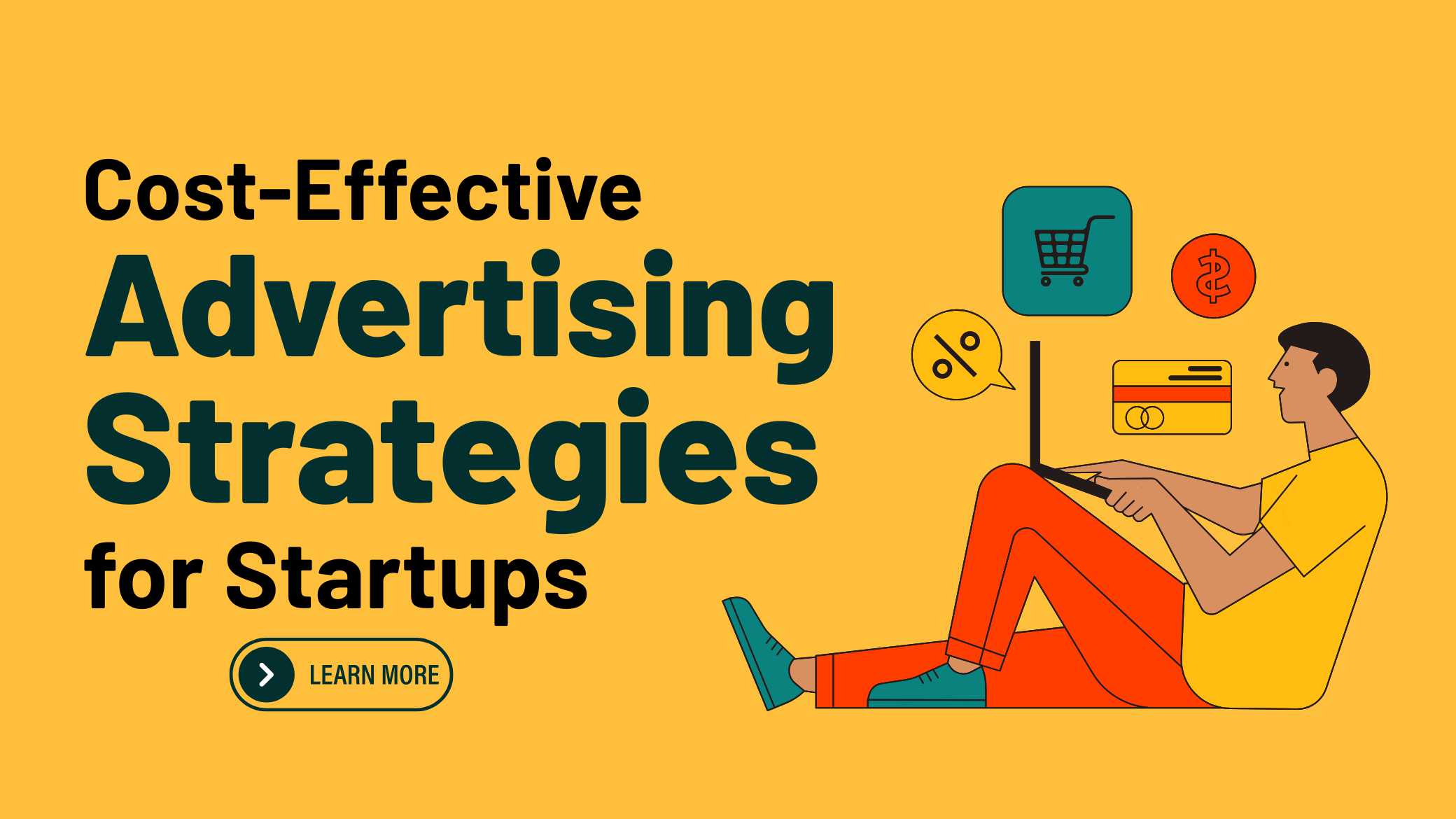How to Reduce Email Unsubscribes : Email marketing remains one of the most cost-effective and impactful digital marketing channels in 2025, offering impressive ROI and the power to nurture long-term relationships with your audience. But one persistent challenge faced by email marketers and businesses alike is high unsubscribe rates. When subscribers opt out of your email list, it directly affects your reach, sales funnel, and campaign performance.
Table of Contents
This comprehensive 3000-word guide will walk you through the latest strategies, tools, and best practices to reduce email unsubscribes, retain your valuable subscribers, and grow a healthy, engaged email list in 2025.
Understanding Email Unsubscribes in 2025
Before reducing email unsubscribes, it’s crucial to understand why people are opting out of your mailing list. The email landscape has evolved, and so have subscriber expectations. With inboxes becoming increasingly competitive, your emails must deliver consistent value, relevance, and personalization — or risk being ignored or unsubscribed.
Top Reasons People Unsubscribe from Emails
- Receiving too many emails (email fatigue)
- Irrelevant or non-personalized content
- Poor email design or mobile unfriendliness
- Misleading subject lines
- Low perceived value or repetitive messaging
- No clear segmentation of audience
- Lack of preferences or control options
High-Reaching Keywords in This Topic
To help your blog or video rank well on search engines, integrate the following high-reaching keywords:
- reduce email unsubscribes
- how to lower unsubscribe rate
- email marketing best practices 2025
- email list retention strategies
- prevent email list churn
- email marketing engagement tips
- avoid email fatigue
- personalized email marketing
- email segmentation strategies
- email unsubscribe rate benchmarks
Also Read : AI vs Human-Created Content – Which Performs Better
How to Reduce Email Unsubscribes: Actionable Strategies for 2025
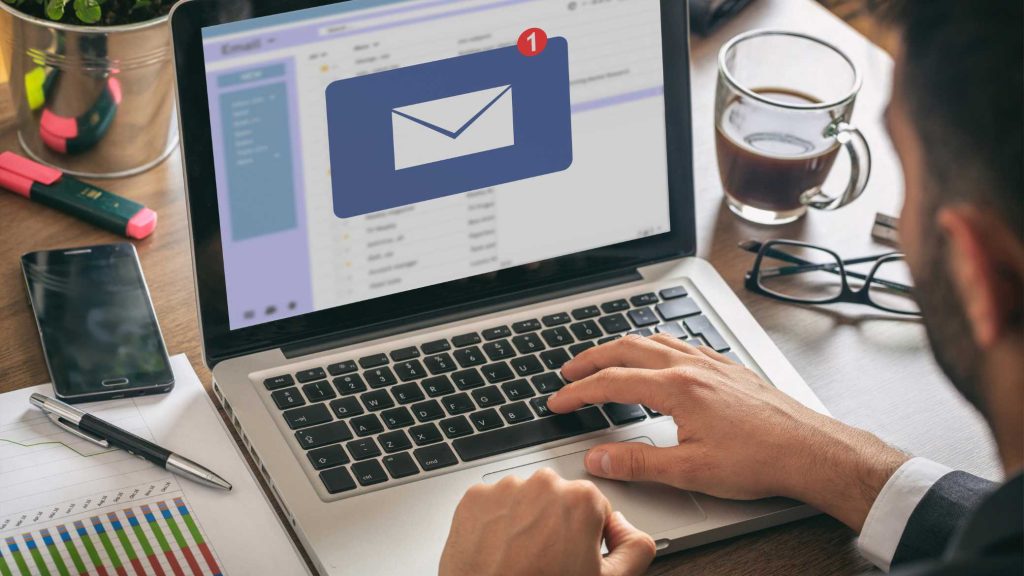
Let’s dive into a step-by-step strategic approach to reduce email unsubscribes and keep your subscribers loyal, engaged, and eager to open your emails.
1. Set Clear Expectations from the Start
The unsubscribe problem often starts at the point of opt-in. If your subscribers didn’t get what they expected, they’re more likely to leave.
Tactics:
- Use transparent opt-in forms: Be clear about what type of content they’ll receive and how often.
- Set expectations on the thank-you page or confirmation email.
- Include content previews or past newsletters as examples.
Pro Tip: Avoid clickbait opt-ins. If someone signed up for a free ebook on SEO, don’t start emailing them about makeup tips or crypto trends.
2. Segment Your Email List Based on Interests & Behavior
Segmentation is one of the most powerful tools in your email marketing arsenal. One-size-fits-all campaigns often lead to unsubscribes.
Types of Segmentation:
- Demographics (age, location)
- Engagement level (openers vs inactive users)
- Purchase behavior (repeat buyers vs first-timers)
- Content interest (blog readers vs product users)
- Email interaction (link clickers vs skimmers)
Use your CRM or email tool (e.g., Mailchimp, ActiveCampaign, ConvertKit) to create dynamic segments and send relevant content only.
3. Personalize Every Email Beyond the First Name
Personalization in 2025 goes far beyond inserting the recipient’s name. Today’s users expect brands to remember their preferences and tailor content accordingly.
Advanced Personalization Tips:
- Recommend products/content based on browsing or purchase history
- Use dynamic content blocks per user segment
- Send emails based on behavior triggers (e.g., cart abandonment, newsletter clicks)
Result: Personalization increases relevance, and relevant emails = fewer unsubscribes.
4. Optimize Email Frequency and Timing
Sending too many emails is the number one reason for unsubscribes. But sending too few can make people forget you.
Tips to Balance Frequency:
- Ask users to set their own preferences (weekly vs monthly updates)
- Monitor email engagement and reduce frequency for low-engagers
- A/B test different send times and days
- Use predictive AI tools to determine the best timing
In 2025, smart email tools like Sendinblue, Mailmodo, or Brevo can automate send times based on user behavior.
5. Deliver High-Value Content Consistently
If your emails don’t offer real value, people will unsubscribe — fast. Email is not about selling every time; it’s about building trust.
Value-Driven Email Content Examples:
- Educational content (how-to guides, webinars)
- Exclusive offers or insider info
- Early access to sales or content
- Personalized tips or recommendations
- User-generated content or social proof
- Curated industry news or tools
Golden Rule: Every email should either educate, entertain, or offer something useful.
6. Design Mobile-Friendly and Visually Appealing Emails
With over 70% of emails opened on mobile devices in 2025, poor mobile experience = higher unsubscribe rates.
Design Best Practices:
- Use responsive templates
- Keep subject lines and headers short
- Ensure CTA buttons are easy to tap
- Avoid clutter and long paragraphs
- Optimize image size for fast loading
Tools like BeePro or Mailerlite offer mobile-optimized drag-and-drop builders.
7. Write Honest, Click-Worthy Subject Lines
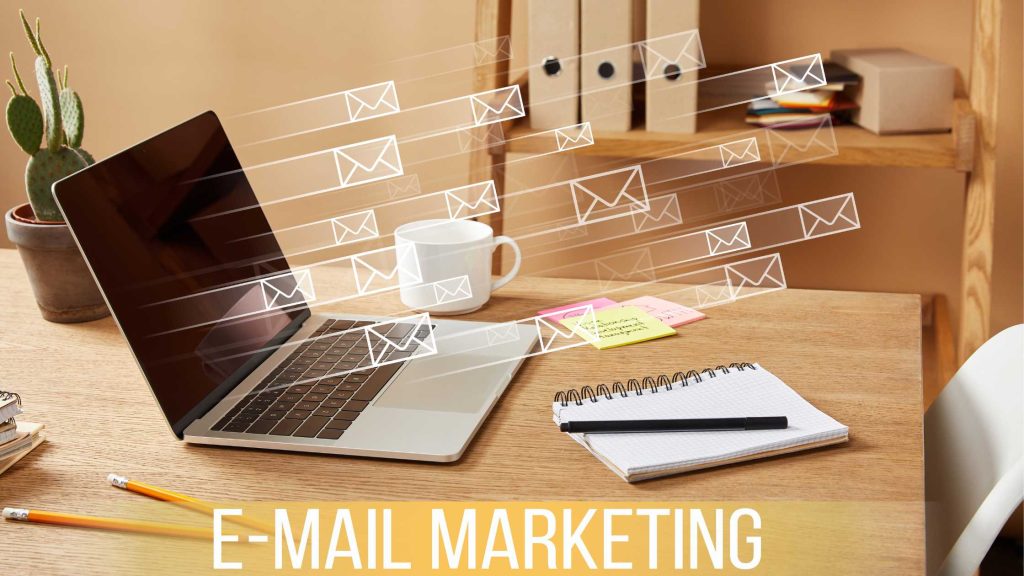
Misleading subject lines result in frustration and rapid unsubscribes. While curiosity-based lines are fine, they must match the content.
Effective Subject Line Strategies:
- Use numbers: “5 Tools That Boost Email Open Rates”
- Ask questions: “Still struggling with email unsubscribes?”
- Be direct: “Your Monthly SEO Report is Here”
- Use emojis sparingly and only if your audience responds well
Also consider A/B testing subject lines for continual improvement.
8. Clean Your List Regularly (Yes, Really)
A bloated, unresponsive list is worse than a small engaged one. Regular list cleaning keeps engagement high and unsubscribe rates low.
Cleaning Tips:
- Remove users who haven’t opened/clicked in 90–180 days
- Run re-engagement campaigns
- Allow users to pause instead of unsubscribing
Example Re-Engagement Email:
“We noticed you haven’t opened our emails lately. Still want to hear from us?”
9. Provide Easy Preferences and Unsubscribe Options
If users can’t control their experience, they’ll opt out completely. Offering control helps them stay on your list longer.
Preferences to Offer:
- Email frequency (weekly/monthly/urgent only)
- Content type preferences (blogs, deals, events)
- Temporary pause (vacation mode)
Pro Tip: Use a preference center linked in every email footer.
10. Run Behavior-Triggered Automations
Automated emails triggered by behavior tend to have 8x higher engagement and lower unsubscribe rates than mass campaigns.
Examples of Triggered Emails:
- Welcome series after signup
- Cart/browse abandonment emails
- Birthday or anniversary emails
- Product refill reminders
- “We Miss You” re-engagement emails
Tools like Klaviyo or Omnisend make this process seamless in 2025.
11. Monitor Metrics and Analyze Unsubscribe Trends
You can’t fix what you don’t measure. Track your unsubscribe rate after every campaign and identify red flags.
Key Metrics to Monitor:
- Unsubscribe rate per email (benchmark: <0.5%)
- Email open & click-through rates
- Spam complaints
- Heatmaps (see what users are clicking)
- Content types causing spikes in unsubscribes
Use these insights to refine your strategy continuously.
12. Humanize Your Brand Voice
People unsubscribe from emails that feel robotic or overly salesy. Use a friendly tone, show personality, and speak to your reader like a real human.
Voice Tips:
- Use “you” more than “we”
- Share behind-the-scenes stories
- Sign off with a real name and photo
- Occasionally break the template with surprise or humor
13. Ask for Feedback Upon Unsubscribe
If someone unsubscribes, use it as a learning opportunity. Offer a short one-question survey like:
- “Why are you leaving?”
- Too many emails
- Not relevant
- Prefer not to say
Analyzing responses will help shape better email experiences.
14. Bonus Tips to Reduce Unsubscribes in 2025
- Use AI to predict who might unsubscribe next and pre-emptively re-engage them
- Offer downloadable bonuses (PDFs, checklists) for staying subscribed
- Send exclusive community invites via email (e.g., Telegram groups, Discord servers)
- Gamify your emails (scratch cards, points, rewards)
Case Study: How One Brand Reduced Email Unsubscribes by 60%
Brand XYZ, a fashion ecommerce store, had an unsubscribe rate of 1.2%. After implementing segmentation based on product interest, introducing a content-focused newsletter, and adding an email preference center, their unsubscribe rate dropped to 0.4% within 90 days — while their open rates improved by 35%.
How to Reduce Email Unsubscribes – Conclusion
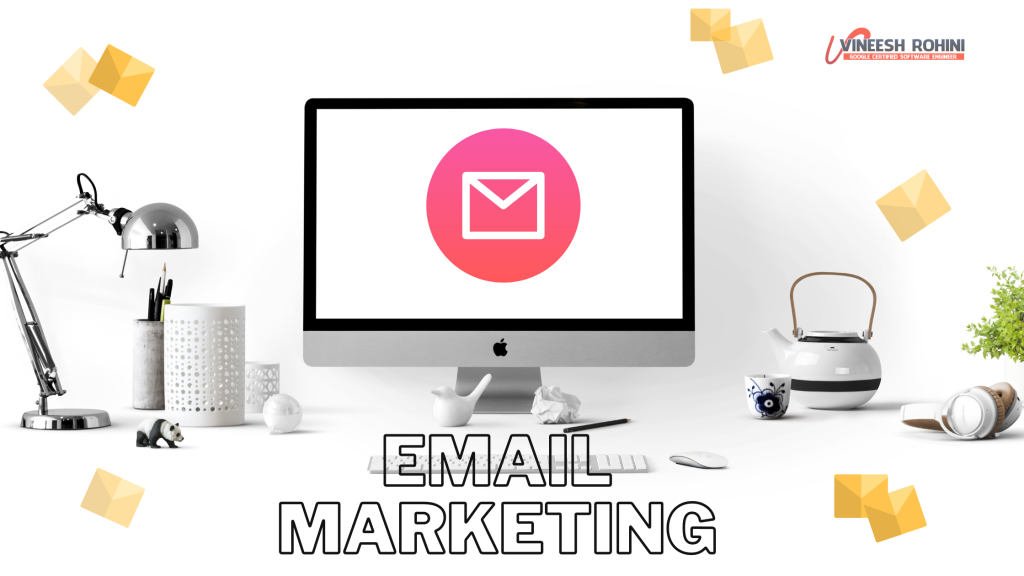
Reducing email unsubscribes in 2025 isn’t just about tweaking subject lines or sending fewer emails. It’s about respecting your audience’s inbox, delivering consistent value, and personalizing every touchpoint. The more strategic, helpful, and human your emails feel — the more likely subscribers will stay engaged and loyal.
Buy Now : Professional Digital Marketing Course
Invest time in your email list health, because a healthy list isn’t the biggest — it’s the most engaged. Follow these actionable tips, test regularly, and build long-term relationships that fuel your brand’s growth.
Disclaimer : This guide is based on general marketing practices and trends observed until 2025. Always tailor strategies based on your unique audience, industry, and tools.
Keywords : How to Reduce Email Unsubscribes – How to Reduce Email Unsubscribes 2025 – How to Reduce Email Unsubscribes Guide
